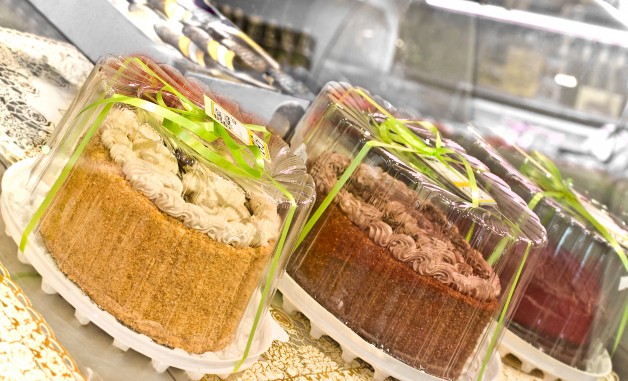Innovative and Sustainable – The Future of Bakery Packaging Services
As the world increasingly embraces sustainability, the bakery industry stands at a pivotal juncture, where innovative packaging solutions are set to redefine its future. The transition towards eco-friendly packaging is not merely a trend but a necessity driven by both environmental concerns and consumer demand for greener practices. Traditional bakery packaging, often reliant on plastics and non-biodegradable materials, poses significant environmental challenges, including excessive waste and pollution. In response, the industry is turning towards innovative packaging solutions that prioritize sustainability while maintaining functionality and aesthetic appeal. One of the most promising advancements in bakery packaging is the development of biodegradable and compostable materials. These alternatives, such as plant-based bio plastics and paper products made from recycled materials, offer a significant reduction in environmental impact. Unlike conventional plastics, these materials break down naturally, reducing landfill waste and minimizing pollution. Additionally, they can often be designed to retain the freshness and quality of baked goods, ensuring that sustainability does not come at the expense of product integrity.

Another exciting trend is the use of edible packaging. This novel approach involves creating packaging that can be consumed along with the product it contains. For example, edible wrappers made from rice paper or seaweed can serve both as a protective layer and a tasty addition to the bakery item. This not only reduces waste but also adds a unique, marketable feature to the product, aligning with consumer preferences for both innovation and environmental responsibility. Recyclable and reusable packaging options are also gaining traction. For instance, some bakeries are adopting glass jars or metal tins that customers can return for refills. This circular approach to packaging not only cuts down on single-use waste but also fosters a sense of community and customer loyalty. Additionally, these materials often provide better protection for the products, extending shelf life and reducing spoilage. Smart packaging technologies are another frontier in sustainable bakery packaging suppliers. These technologies include features such as QR codes or embedded sensors that provide information about the product’s origin, nutritional content, and even environmental impact.
By enhancing transparency, these smart packaging solutions enable consumers to make more informed choices and support brands that prioritize sustainability. The integration of sustainability into bakery packaging is also driven by regulatory pressures and industry standards. Governments and organizations are increasingly implementing policies that require reductions in plastic use and improvements in packaging waste management. As a result, bakeries are motivated to innovate and adopt practices that not only comply with regulations but also position them as leaders in sustainability. In conclusion, the Yoonpack bakery packaging is being shaped by a wave of innovative and sustainable solutions that address environmental challenges while meeting consumer expectations. From biodegradable materials and edible wrappers to recyclable containers and smart packaging technologies, the industry is embracing change with a commitment to reducing its ecological footprint. As these advancements continue to evolve, they promise to transform bakery packaging into a model of sustainability and innovation, reflecting a broader shift towards a more environmentally conscious world.